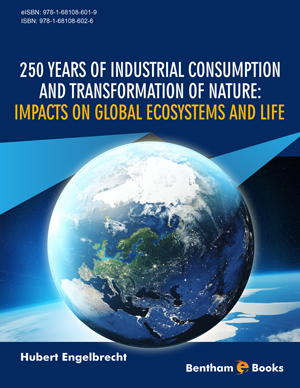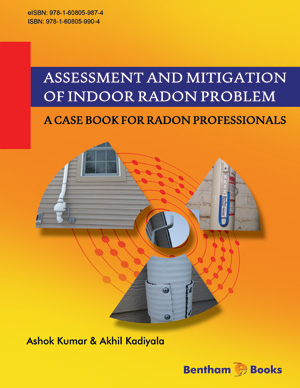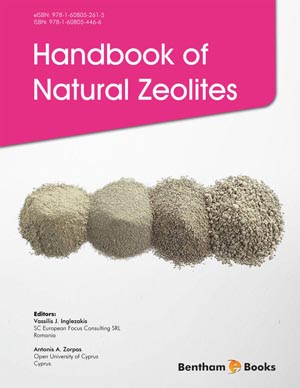Abstract
Water is indispensable for life, and is indisputably the most priceless natural resource that exists on our planet. Living things on the planet cannot live without water. Though we as humans know this fact, we neglect it by polluting our natural resources like rivers, lakes, oceans, and the water beneath the surface of the earth, groundwater. Consequently, we are harming our planet to the point where organisms are vanishing at a very alarming rate. Most of the organisms die, and our drinking water has been prominently affected, as we use water for amusing purposes. It then affects the climate, resulting in consequences such as drought, changes in weather patterns, etc., which have ultimately increased the demand for freshwater. In order to combat water pollution, we must understand the problems and become part of the solution. The change in the chemical and physical properties of water is called water pollution and thus directly or indirectly harmfully affects the living organisms that consume it and render it unfit for the required uses. The water gets polluted through various sources of the organic and inorganic pollutants of Industry, Agriculture, Domestic, Thermal and Biological wastes. Water pollution is a major global problem thatrequires ongoing evaluation and revision of water resource policy at all levels. It has been suggested that it accounts for the deaths of more than 14,000 people daily. In addition to the acute problems of water pollution in developing countries, developed countries continue to struggle with pollution problems as well. In this paper, the sources of water pollution, effects of water pollution on the ecosystem, ways to control pollution and conservation have been described.
Keywords: Classification, Health and Environmental Concern, Pollution, Resources, Water.












